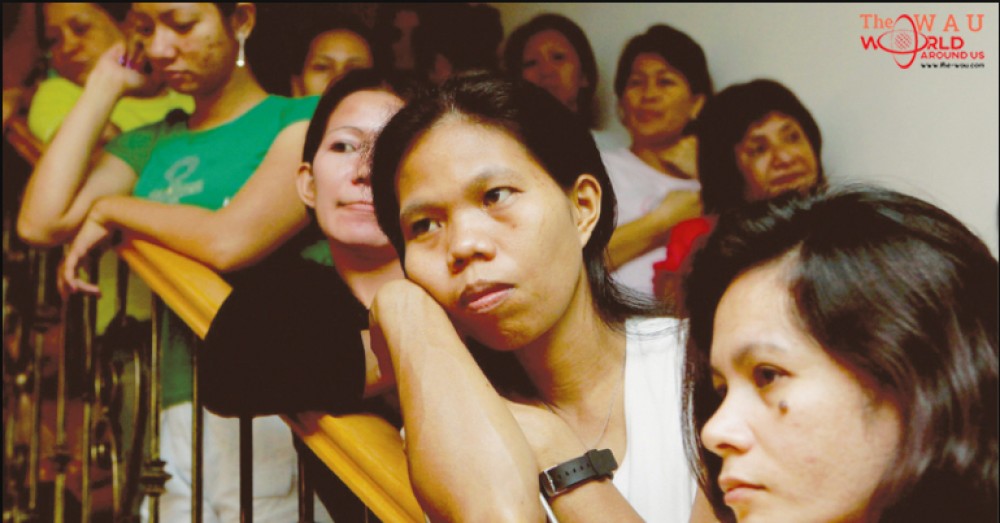Like everyone else working abroad, Filipinos in the UAE deal with all sorts of headaches, but five issues stand out
Like everyone else living abroad, Filipinos deal with all sorts of headaches, but at least five issues seem to crop up more frequently than others.
A legal expert in Dubai, who specialises in providing legal assistance to Filipinos in distress, has shone a light on the top five challenges faced by expatriate workers from the Philippines, and attempted to explain what could have been the root causes.
From struggling to pay off debt and getting duped by illegal recruiters to drinking without a licence, Filipinos have a number of issues to deal with, but by getting themselves abreast with the local laws and always mindful of their limitations in a foreign country, they should be able to avoid getting into hot water.
Lawyer Barney Almazar, director of Gulf Law who heads a monthly legal aid at the Philippine Embassy in Abu Dhabi and Consulate in Dubai, identified these commonly reported problems, based on his interaction with the members of the Filipino expatriate community.
1. Indebtedness: Credit card, personal loans
Expatriates from the world over are lured by the UAE’s tax-free regime and the country’s US dollar peg is somehow giving a boost to migrants’ purchasing power.
Expats take comfort in knowing that by moving to Dubai or UAE, they’re able to generate more funds for their nest egg or retirement than they would have if they had stayed in their home country.
UAE salaries aren’t only tax-free and pegged to the greenback, banks in town are quite enthusiastic about extending personal loans and handing out credit cards.
This is when trouble starts to develop. Somehow, the rise in personal incomes, coupled with the sudden change of lifestyle and banks’ readiness to extend credit, has resulted in overspending and debt spiralling out of control.
Almazar says there have been cases of expats who have issues related to bounced cheques and unpaid credit cards and bank loans. A number have fallen victim to predatory lending sharks.
“The most common reason that Filipinos would end up in this situation is that they have not yet gotten themselves accustomed to a new lifestyle; they are earning more here in the UAE, and because they failed to adjust instantly, they tend to overspend. So you would see people who have minimum payment dues that are far exceeding their monthly income,” says Almazar.
2. Intoxication: Drinking, possessing controlled beverages without permit
Consumption and possession of regulated beverages without a permit is not allowed in the UAE. Many expatriates, not just Filipinos, have landed behind bars for drunk driving or carrying bottles of bubbly in the trunk of their car.
According to Barney, intoxication is the second-most common problem among Filipinos. He said it is particularly common among newly joined expatriates, those who have recently integrated themselves into the expatriate community in the UAE.
Many tend to forget that unlike in their home country, where getting drunk in the comfort of their own homes or at gatherings during special occasions are commonplace, having a drink too many in the UAE could get them into trouble.
3. Illicit relationship: Pregnancy outside marriage
Appearing third on the list of problems common among Filipino expats are cases that fall under the purview of immorality. In the eyes of UAE laws, sharing accommodations with the opposite sex and getting pregnant out of wedlock are not acceptable.
If they get pregnant and are not married, expats can be held legally liable for the crime of having sex outside of marriage.
“This is the third-most prevalent [issue] among overseas Filipino workers (OFWs). Almazar says.
...[ Continue to next page ]
Share This Post















